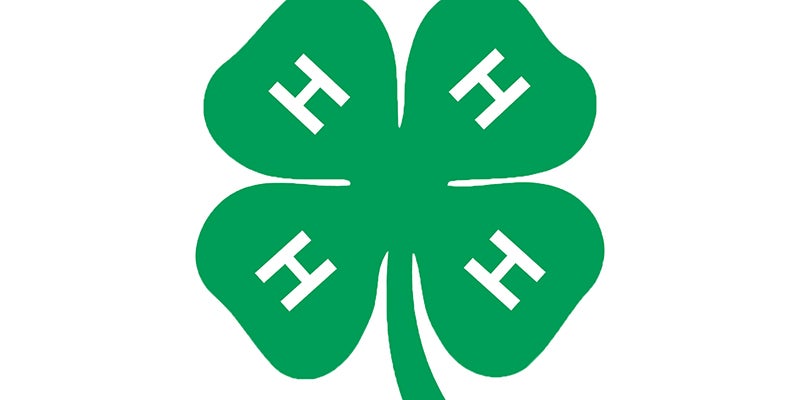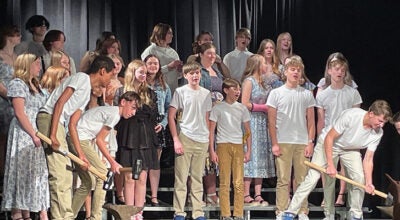MSU, RCC partnership opens pipeline to BSN degree
Published 5:12 pm Monday, July 25, 2022
|
Getting your Trinity Audio player ready...
|
Officials from Riverland Community College and Minnesota State University-Mankato on Monday signed a new collaborative agreement that will streamline a process for nursing students to earn a bachelor’s degree in nursing.
Through RCC’s latest collaboration with MSU through the Maverick Advance Plan (MAP), the Mankato-based college will offer 100% online education toward a Registered Nurse Baccalaureate Completion degree for those who receive their Associate of Science nursing degree at Riverland.
Nurses completing their associates degree at RCC will also gain 30 credits toward the RN degree at MSU.
“Historically, it’s been hard to get a bachelor’s degree in nursing because you had to be on campus to get it and so it was very hard to get nursing students to commit to that long of a drive and that time commitment,” said Laura Beasley, Riverland Community College Dean of Nursing, Health and Wellness. “Now they can get it online. They don’t have to be on campus so it’s very flexible that way. It’s really exciting.”
As part of the plan, students will work directly with advising teams at both institutions to ensure that prerequisite coursework is completed at Riverland and that all admissions criteria for MSU are met.
The program’s flexibility is highlighted in the work-education dynamic of many of the students that come out of RCC’s program, allowing them to work in the field while still being able to work toward their BS degree with MSU simultaneously.
“Because we are offering this program fully online, it allows them to stay in the workplace,” said Patricia Marincic, Dean of the College of Allied Health and Nursing at MSU. “They continue to be employed, they continue to get experience in nursing. They’re working as an RN, but let’s them take that next step to get their bachelor’s degree and that’s really a huge plus without having to leave home in order to do that.”
This streamlined pipeline will allow nurses quicker access into the industry with a higher degree of education. This is especially important in the face of a nationwide nursing shortage that was further complicated by the COVID-19 pandemic.
“There was a shortage of nurses before the pandemic, but after the pandemic it’s profound the amount of nurses that are needed,” Beasley said, pointing out that a number of nurses left during the pandemic because of the pressures it exerted on them.
She also said many simply chose to retire because they were eligible to.
“Riverland graduates associate degree nurses every year so we try to help fill that need,” she said. “Not only do we need to fill that need, but we need to fill the need for bachelor prepared nurses.”
According to Laura Schwarz, coordinator of the RN Baccalaureate Program at MSU, that will have not only a profound effect on nursing, but even roles after nursing if graduates so choose.
“With higher education comes stronger nurses and better patient outcomes,” Schwarz said. “We have a pipeline of baccalaureate nurses that can go on and get degrees. I see these nurses going on to become nurse practitioners, which is definitely needed in rural Minnesota with the position shortage. I also see them going on to become nurse educators, where we have a shortage of nurse educators and leadership positions.”
It also opens the door to a healthier corridor for all parties involved in nursing.
“Plus, it helps the health of our community,” Beasley said. “A bachelor’s prepared nurse has better patient outcomes, lower mortality rates and better quality of care for patients.”
This isn’t the first time RCC has worked with MSU. In 2015, the two-year college signed a similar agreement with MSU through the Future Maverick Program Transfer Pathway agreement that opened up more pathways to four-year degrees at Mankato.
“It’s imperative for two-year colleges to make these kinds of connections with four-year universities to further their degree,” Beasley said.








